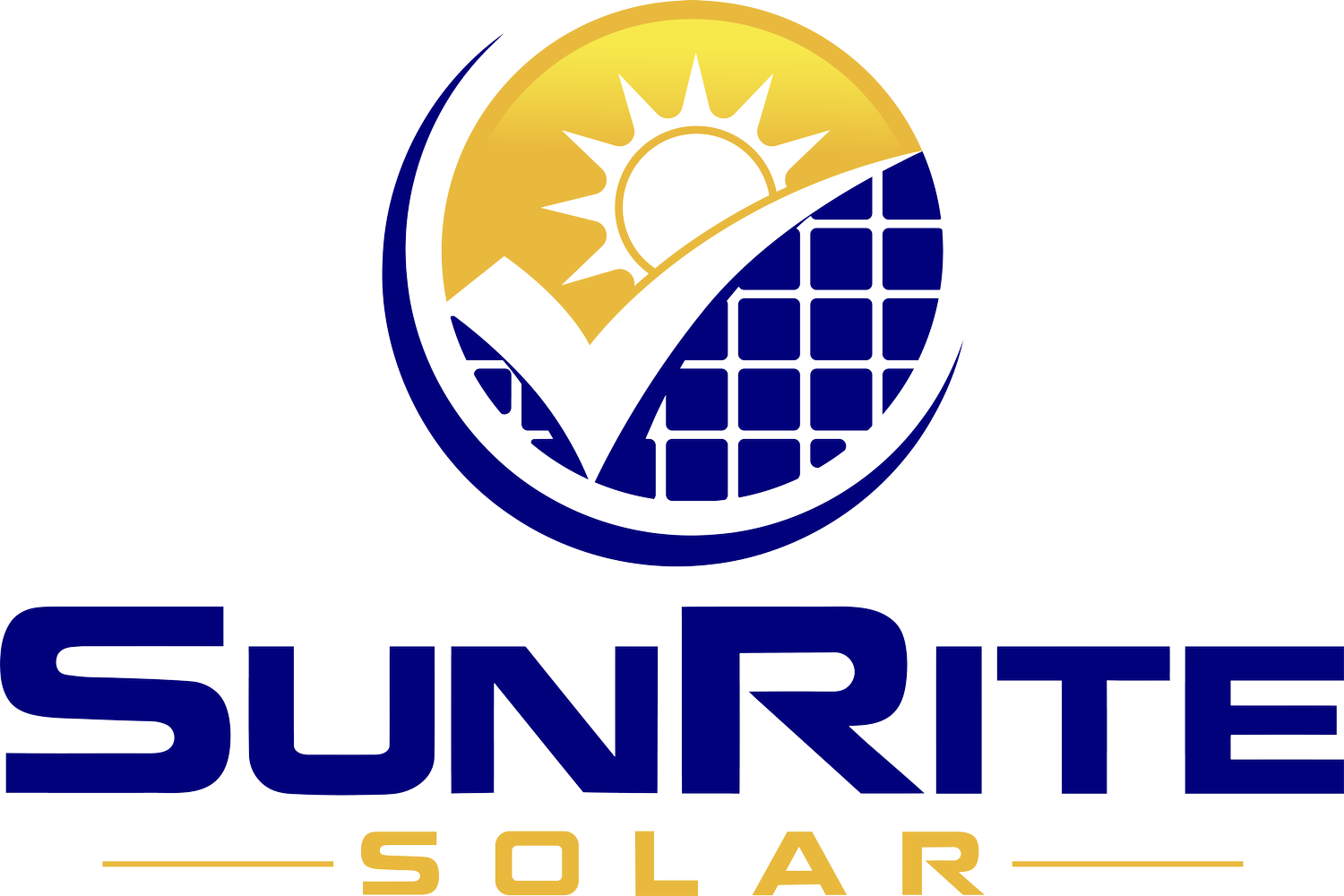
Energy storage for your home?
Why Homeowners are Choosing to Add Batteries to Their Homes?
As the world shifts towards more sustainable and renewable energy sources, solar power has taken center stage in the home energy sector. But it's not just about solar panels anymore. An increasing number of homeowners are enhancing their solar systems with the addition of batteries. Here's why:
1. Energy Independence: Home batteries empower homeowners with energy independence. By storing excess solar power generated during the day, batteries ensure that this energy is available on demand, even when the sun isn't shining. This reduces reliance on the grid, providing a sense of security and autonomy in energy usage.
2. Enhanced Resilience: Power outages are becoming more frequent due to extreme weather conditions and aging infrastructure. Batteries provide a reliable backup power source, ensuring that homes remain powered during outages. This resilience is particularly crucial for maintaining lighting, refrigeration, and essential medical devices.
3. Cost Savings: While the initial setup cost can be significant, the long-term savings are substantial. Batteries allow homeowners to use their stored solar energy during peak hours when electricity rates are higher. This shift can lead to significant reductions in electricity bills, making solar plus battery systems a financially savvy choice.
The decision to add batteries to home solar systems reflects a growing trend towards sustainable living, financial savvy, and resilience in the face of power uncertainties. As technology advances and costs continue to decrease, the integration of batteries with solar panels is set to become a standard in modern, eco-conscious homes. SunRite Solar is at the forefront of this transformation, offering state-of-the-art solutions for homeowners seeking to harness the full potential of solar energy.
Embrace the future of home energy with SunRite Solar. Together, we can light up a brighter, greener world.
Differences in Battery Technology
There are two main styles of Batteries or Energy Storage (ESS) that you can chose from one is called AC-Coupled storage from brands like Enphase with the IQ5P and the other is called DC- Coupled storage from brands such as SolarEdge and the Energy Bank.
As we navigate towards a more sustainable future, energy storage systems (ESS) have become a pivotal component in harnessing solar power efficiently. For homeowners looking into solar energy solutions, choosing between AC-coupled and DC-coupled systems is a key decision. Both systems offer unique benefits and are suited to different needs. Let’s demystify these options to help you make an informed choice.
AC-Coupled Energy Storage Systems
AC-coupled systems are named for their method of connecting to your home's alternating current (AC) electrical system. Here's how they work:
Integration Flexibility: AC-coupled systems can easily integrate with an existing solar panel setup, making them an ideal choice for those looking to add energy storage to their current system.
Efficiency in Energy Conversion: These systems convert the DC electricity generated by your solar panels into AC electricity, which can then be stored or used by your home. Although this conversion process can lead to some energy loss, modern inverters are designed to minimize this, ensuring that your system remains efficient.
Versatility and Scalability: They offer the flexibility to add storage capacity as needed. You can start with a smaller battery capacity and expand it over time to meet increasing energy demands.
DC-Coupled Energy Storage Systems
In contrast, DC-coupled systems connect directly to the direct current (DC) generated by your solar panels before it’s converted to AC. This approach offers its own set of advantages:
Efficiency in Direct Storage: By storing energy in its original DC form, DC-coupled systems avoid the double conversion process (DC to AC, then back to DC for storage), which can improve overall system efficiency.
Optimized for New Installations: These systems are particularly advantageous for new solar energy system installations, as they can be seamlessly integrated with the solar panels and inverter, optimizing energy capture and storage from the start.
Cost-Effective for Larger Systems: For homeowners planning a larger solar array, DC-coupled systems can be more cost-effective, reducing the need for additional inverters and simplifying the overall system design.
Which System is Right for You?
Choosing between AC-coupled and DC-coupled energy storage depends on your specific circumstances. Consider an AC-coupled system if you’re adding storage to an existing solar setup or want the flexibility to expand later. Opt for a DC-coupled system if you’re installing a new solar energy system and prioritize efficiency and cost-effectiveness for a larger setup.
At SunRite Solar, we’re here to guide you through these choices, ensuring you have the information and support to select the energy storage solution that aligns with your sustainability goals and energy needs. Together, let’s power your home with the sun—efficiently and effectively.
“Energy storage has the potential to change the way we live”
Want to learn more about how an Energy Storage System could work for you?
Book a FREE personalized 1 to 1 session with one of our certified energy advisors! We are here to help educate and empower!

